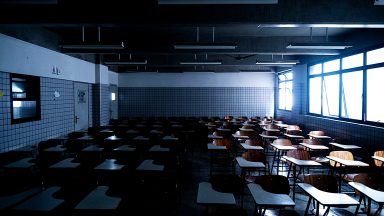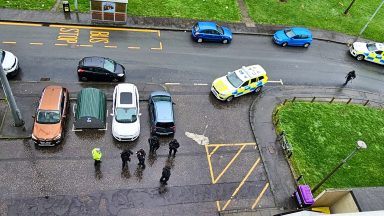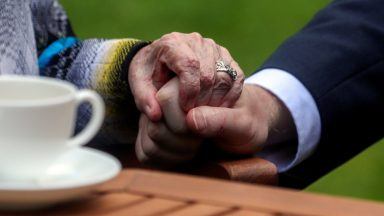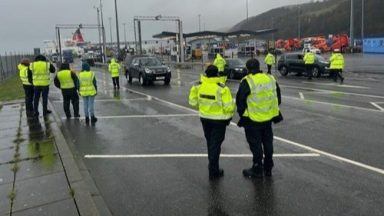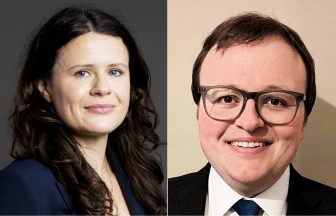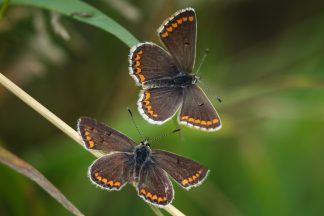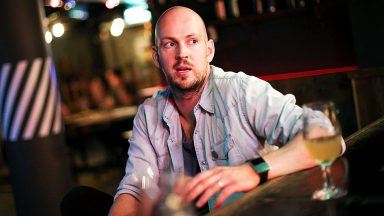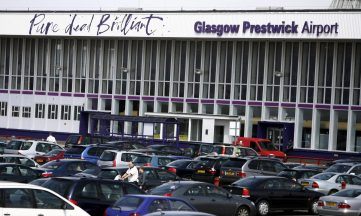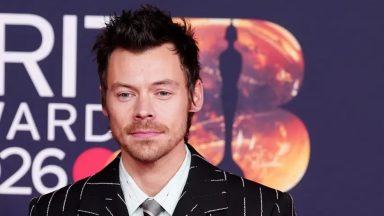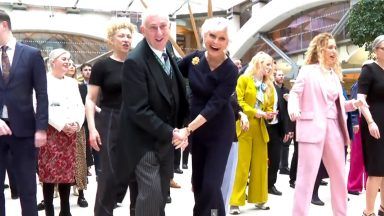The number of cases of breast cancer detected by screening fell by more than 40% in the first year of the Covid pandemic, NHS figures have revealed.
Data from Public Health Scotland showed 1,006 cancers were picked up by breast screening in 2020-21.
This compares to 1,724 cancers detected by the screening programme the previous year – a drop of 718 cases or 41.7%.
In a report, Public Health Scotland said: “This drop is likely to be due to the pausing of the screening programme from March to August 2020, when no new invitations for screening were sent out.”
The Scottish Government paused the breast cancer screening programme, as well as other cancer screening programmes, when coronavirus hit Scotland in March 2020, with screening for breast cancer resuming again in August 2020.
In the three years prior to the pandemic, covering the period 2017-18 to 2019-20, an average of 259,040 women were invited annually to come forward for breast screening.
But the number of invitations issued fell by more than 100,000 to 151,977 in 2020-21.
With not all those who were invited to take part coming forward to be checked, the number of women who were screened fell from an annual average of 187,650 in the three years before the pandemic to 114,136 in 2020-21.
Public Health Scotland also found the number of breast cancers picked up by screening had fallen in the wake of Covid.
Its report said: “Over the previous 10 years, 52.7% of breast cancer registrations in women aged 50-69 were detected through the breast screening programme.
However, with the Covid-19 pandemic causing a pause in the women being invited for screening, this number has dropped to 39%.”
Looking at the three-year period from 2018-19 to 2020-21, the Public Health Scotland data showed that 675,381 women aged between 50 and 70 were invited to attend a routine breast screening appointment.
Of these a total of 494,653 attended for routine breast screening, meaning that more than seven in 10 women (73.2%) came forward – meeting the minimum acceptable standard of having 70% attend for routine screening.
However, in the most deprived communities, only six out of 10 (61.2%) of women came forward for routine breast screening, compared to four fifths (80.8%) of their counterparts in the most affluent areas.
And in the NHS Greater Glasgow and Clyde area only 68.5% of women attended for routine screening over the three years 2018-19 to 2020-21 – making it the only health board in Scotland that failed to achieve the minimum acceptable level – although 73.8% of women did attend in 2020-21.
Scottish Conservative public health spokeswoman, Sue Webber, branded the figures “deeply concerning”.
She said: “While the impact of Covid on breast cancer screenings is obvious to see, this worrying trend cannot be allowed to continue.
“Most shockingly it is women in our most deprived communities who are suffering the most from not taking up appointments. If the SNP Government are serious about tackling health inequalities, then they must up their game on engaging women in these areas.”
Ms Webber added: “Given we are now looking beyond the pandemic, SNP ministers must urgently ensure the breast cancer screening programme is up and running again as a priority as our NHS fully remobilises.”
Scottish Liberal Democrat leader Alex Cole-Hamilton said: “Catching breast cancer early is absolutely essential to achieving positive outcomes for patients so the fact that more than 40% fewer screenings have taken place should be setting alarm bells ringing.
“All of this means people in need waiting in limbo, whilst their loved ones watch on anxiously, powerless to do anything.
“The Scottish Government need to get a grip of cancer diagnosis and treatment as a matter of urgency. That starts with a fresh push to ensure that women in every corner of Scotland are getting screened.”
Kate Seymour, head of advocacy for Macmillan Cancer Support in Scotland, said, although the 70% target had been hit, “today’s statistics do still mean that more than a quarter of eligible people were not screened, and that people in more deprived parts of Scotland were far less likely to be screened than others”.
She said: “We know that early diagnosis and timely treatment provide the best possible outcomes for people with cancer, and effective screening is one of the best ways to make sure that happens.
“Now that screening services are back up and running it’s vital that screening capacity is maintained at optimum levels and that those who have received an invitation to be screened take up their appointment, so everyone with breast cancer can be diagnosed and access the life-saving treatment they need.”
Dr Jodie Moffat, head of early diagnosis at Cancer Research UK, said: “The pandemic caused the breast screening programme in Scotland to be paused for a few months so it’s no surprise to see a fall in the number of breast cancer cases being diagnosed via this route in 2020.
“Breast screening is back up and running and we’ll be keeping a keen eye on what happens to the data for more recent time periods.”
A Scottish Government spokesperson said: “Uptake for routine breast screening continues to exceed the national target of 70% in women aged 50-70.
“We will continue to tackle inequalities in all cancer screening programmes through a £2 million investment and on-going work to improve our breast screening programme.
“As a result of the pandemic, self-referrals for women over 71 have been paused since march 2020 so that capacity can be prioritised for women between 50 and 70 for whom screening is recommended. We are working towards the re-introduction of the screening programme for self-referrals by September this year.”
Follow STV News on WhatsApp
Scan the QR code on your mobile device for all the latest news from around the country


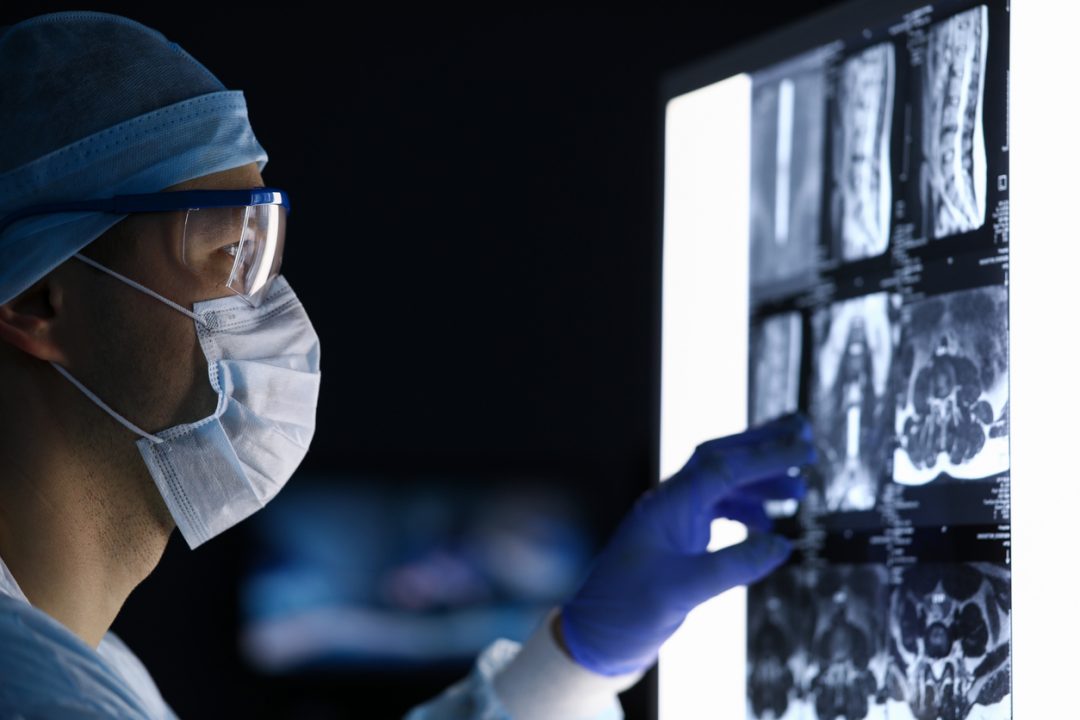 iStock
iStock



